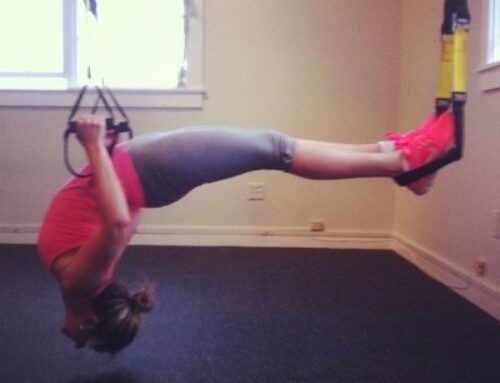Exercises That Can Boost Your Immune System
Are you tired of catching a cold or cough every winter? A simple but regular routine of moderate exercise will boost your immune system and help you avoid that bug everyone you know is catching. You don’t need to train like Usain Bolt to be healthy. In fact, such intense training may be detrimental to your health.
Will strenuous exercise make you healthier?
Not necessarily. You might believe that the more you exercise the healthier you will become. This is not true. A medical study published in the journal Brain, Behavior, and Immunity demonstrated that performing regular moderate exercise significantly decreases susceptibility to influenza infection by a ratio of around 5:1. However, extreme levels of exercise proved to increase the susceptibility of subjects to influenza by a ratio of 7:5 when compared to performing no exercise.
In summary:
- No exercise is bad for you
- Too much exercise is very bad for you
- Moderate exercise is extremely beneficial for boosting your immune system and improving your general health
Exactly how much exercise must you do?
In their National Health Statistics Report, the CDC recommends adults perform at least 150 minutes of moderate aerobic activity or 75 minutes of vigorous aerobic activity every week. These amounts of moderate or vigorous exercise will not only benefit your immune system. They will also strengthen your body and improve your mental health. But training to run a marathon may actually weaken your immune system.
If you have fallen ill, you should not cease your regular exercise. It is better to continue moderate exercise when sick to stimulate your immune system. But you should exercise less and not engage in vigorous exercise during such times.
Speak to your physician
Have you ever noticed that when you buy exercise equipment it always comes with the disclaimer “Consult your doctor before commencing an exercise program”? There is a good reason for this.
The kind of exercise that’s best for you and its timing depends upon your general health. Your physician is the best person to assess the state of your health and tell you what exercises are best for you.
Exercise every day
You will gain more benefits from exercising regularly for around 30 minutes each day rather than exercising for 150 minutes once a week.
Moderate exercises include activities like mindful walking, swimming, and cycling. But you can also shake this up with less traditional exercises, like hanging upside down for a brief period of time each day using an inversion table or making use of a vibration platform machine.
It is a good idea to vary the kinds of exercise you do and to ensure that you include some strength-building exercises in your mix. Don’t forget that household and yard chores, like dusting around the house or cutting the grass, are also a form of moderate exercise.
Spread your 30 minutes of moderate exercise over the day
You don’t have to perform your full 30 minutes of moderate daily exercise in one chunk. To get the most benefit from your exercise routine, aim to perform 10 minutes of moderate exercise 3 times a day.
Splitting up your exercises in this way allows you to rest between each exercise session. It also makes it easier for you to vary the kinds of exercises you perform to make up those 30 minutes. You might like to jog for 10 minutes in the morning, hang upside down for 10 minutes before lunch, and go for a 10-minute cycle with your kids in the afternoon.
If you prefer more vigorous exercises, then cardio boxing or a “Booty Barre” class run by a certified trainer might interest you. Vigorous exercises are also good for you, as long as you don’t over-do them. Always seek advice from a reputable fitness studio.
Include strength-building exercises around twice per week
The Department of Health and Human Services recommends you perform strength-training exercises twice a week to help stimulate your immune system. You might want to perform such exercises as part of an exercise group rather than exerting yourself alone.
For strength building, you could join a or Pilates class run by a certified trainer. Or you could attend a gym twice a week and lift weights under the supervision a certified trainer. You should aim to train all major muscle groups during each session.
Don’t get addicted to exercise!
As you continue your daily exercise routine, you’ll probably see significant improvements to your health. You may feel stronger and lose weight. However, don’t be tempted to exercise more and more in the hope of seeing greater benefits.
As noted earlier, studies show that too much exercise can weaken your immune system. Limit your daily exercise to under 2 hours to avoid this problem. If you’re exercising for 2 hours every day, consider cutting down your exercise program a little to reap better immunity-boosting benefits.
author Robert Baker



